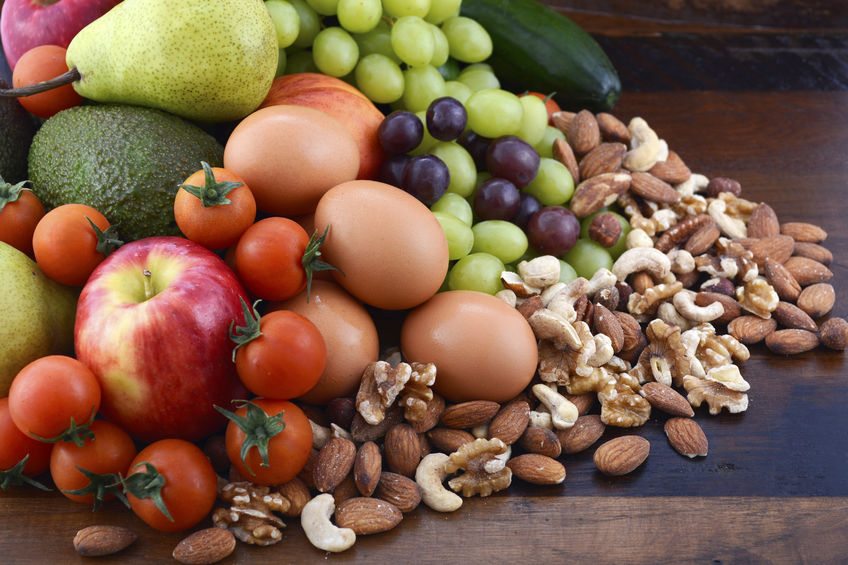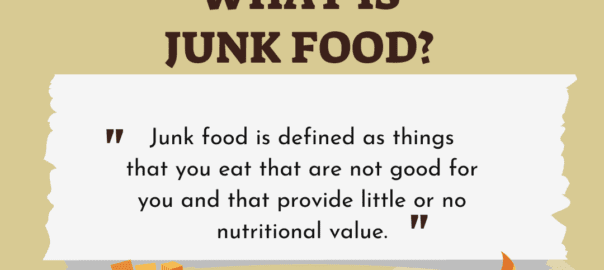Are you thinking of going green with your diet? Like, really green?
A vegetarian diet is better for the environment but is also beneficial to your health. Cutting back on meat and animal products offers numerous advantages.
Health Benefits of a Vegetarian Diet
Heart health
Cutting back on meat can reduce your risk for heart disease. Red meat and many processed meats are high in saturated fat, which raises LDL (bad) cholesterol. Studies have shown that eating large quantities of these meats increases risk of death from cardiovascular disease.
Cancer risk
Research has also shown a connection between meat and cancer. One study of more than 35,000 women published in the British Journal of Cancer revealed that those who ate the most red and processed meat had the highest risk of breast cancer. Meat has also been linked to colon, prostate, pancreatic and gastric cancers.
Weight management
A vegetable-based diet has fewer calories than a diet that includes meat. However, it’s not just the calories that count. One large-scale study from Imperial College in London found that people who ate about 250 grams (about 9 ounces) of red meat, poultry or processed meat a day gained more weight over five years than people who ate less meat — even if they consumed the same number of calories.
Types of Vegetarian Diets
There are numerous ways to define “vegetarian,” though no one type of vegetarian diet is necessarily better than another. What matters is that it works for you. Here’s a breakdown of the different types of vegetarian diets.
Lacto-vegetarian
Excludes meat, fish, poultry and eggs, as well as foods that contain them. However, dairy products, such as milk, cheese, yogurt and butter, are included.
Ovo-vegetarian
Excludes meat, poultry, seafood and dairy products but allows eggs.
Lacto-ovo vegetarian
Excludes meat, fish and poultry but allows dairy products and eggs.
Pescatarian
Excludes meat and poultry but allows fish.
Pollotarian
Excludes meat and fish but allows poultry.
Vegan
Excludes meat, poultry, fish, eggs and dairy products, as well as foods that contain these products.
How to Begin a Vegetarian Diet
If you are planning to switch to a vegetarian diet, allow yourself time to transition to your new way of eating. Each week, increase the number of meatless meals and find ways to include more greens, including spinach, kale, Swiss chard and collards.
Substitute vegetarian options for meat in your favorite recipes. For example, you can make vegetarian chili by substituting an extra can of black beans for ground beef. Extra-firm tofu makes a tasty alternative to chicken in fajitas. Many dishes only require simple substitutions.
Don’t be afraid to try new things. Search the Internet for vegetarian menus. Follow vegetarian food bloggers on social media. Check out vegetarian cookbooks and visit ethnic restaurants to sample new vegetarian cuisines. Variety is the key to meeting your nutritional needs with your vegetarian diet.
No matter which type of vegetarian diet you choose, it’s important to get the right amount of nutrients to keep your body functioning at an optimum level. Any healthy diet should be balanced in fruits, vegetables, whole grains and calcium-rich foods.
If you have more questions about vegetarian diets or whether going vegetarian is the right choice for you, talk to your doctor.






